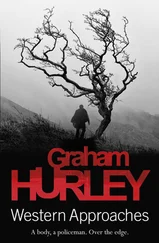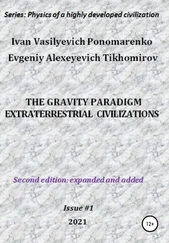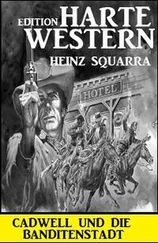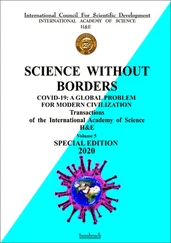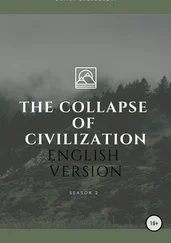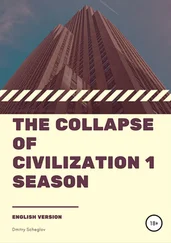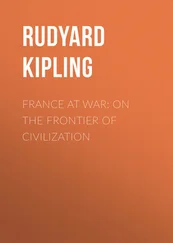The first four successors of Augustus were related to him or his third wife Livia. The first was his stepson, Tiberius (42 BC–AD 37). He was, on the whole, a good administrator, at least during the early years of his reign. During the last 10 years of his reign, he lived on the island of Capri, where he became increasingly more paranoid. Many suffered torture and death as a result. Nevertheless, he left behind an empire that was strong, well administered, and with a full treasury.
Tiberius chose as his successor, his grandnephew, Caligula (12–41). Caligula reigned for only four years. Though he launched a number of building programs, including a lighthouse at Boulogne and a new amphitheater in Pompeii, he showed signs of insanity. He delighted in inflicting cruelty, and demonstrated his contempt for the Senate by reportedly awarding his horse, Incitatus, a consulship. He was assassinated in January 41, by the Pretorian Guard, an elite military unit charged with protection of the emperor and his family.
The Pretorian Guard declared Caligula's uncle, Claudius (10 BC–AD 54), emperor. Claudius was the first emperor appointed by the Pretorian Guard, a precedent that augured badly for the future. His reign proved to be a good one. Claudius was well educated and wrote extensively, especially histories. Unfortunately, none of his writings survive. He undertook a number of public works programs and gave generous support to public games, especially gladiatorial contests, and even staged naval battles. He added new provinces to the empire, including Britannia, with its capital at Camulodunum (modern Colchester in Essex). Claudius died from poisoned mushrooms fed to him by his third wife, Agrippina, in a successful plot to make her son, Nero, emperor.
Nero (37–68) was only 16 when he became emperor. The charge that he fiddled while a portion of Rome burned in 64 is not true. In fact, Nero did much at his expense to relieve the suffering caused by the fire. It is possible that the rumor has its origin in the fact that Nero prided himself on being a great actor and musician, and insisted on performing publicly. The Roman citizens were more offended by his pretensions to talent in the creative arts than by his debauched lifestyle, his brutal persecution of Christians in Rome following the fire, or his execution of those he felt offended or threatened by, including his mother. Nero ended his own life in June 68. His last words: “What an artist dies in me!”
Nero's death was followed by civil war, as the generals battled one another for the throne. Four emperors reigned in one year. Two were executed. One committed suicide. The last of the four, Vespasian (9–79) emerged the victor in the civil war. He was declared emperor by the Senate in December 69.
Vespasian founded the Flavian dynasty that included him and his two sons. Titus (39–81) was the first. He is best remembered for his capture and destruction of Jerusalem in 70, including the Second Temple. Domitian (51–96), the younger son, ruled for 14 years. Though he did much to restore stability, his authoritarian rule led to his assassination in September 96. He was the last of the three Flavian emperors.
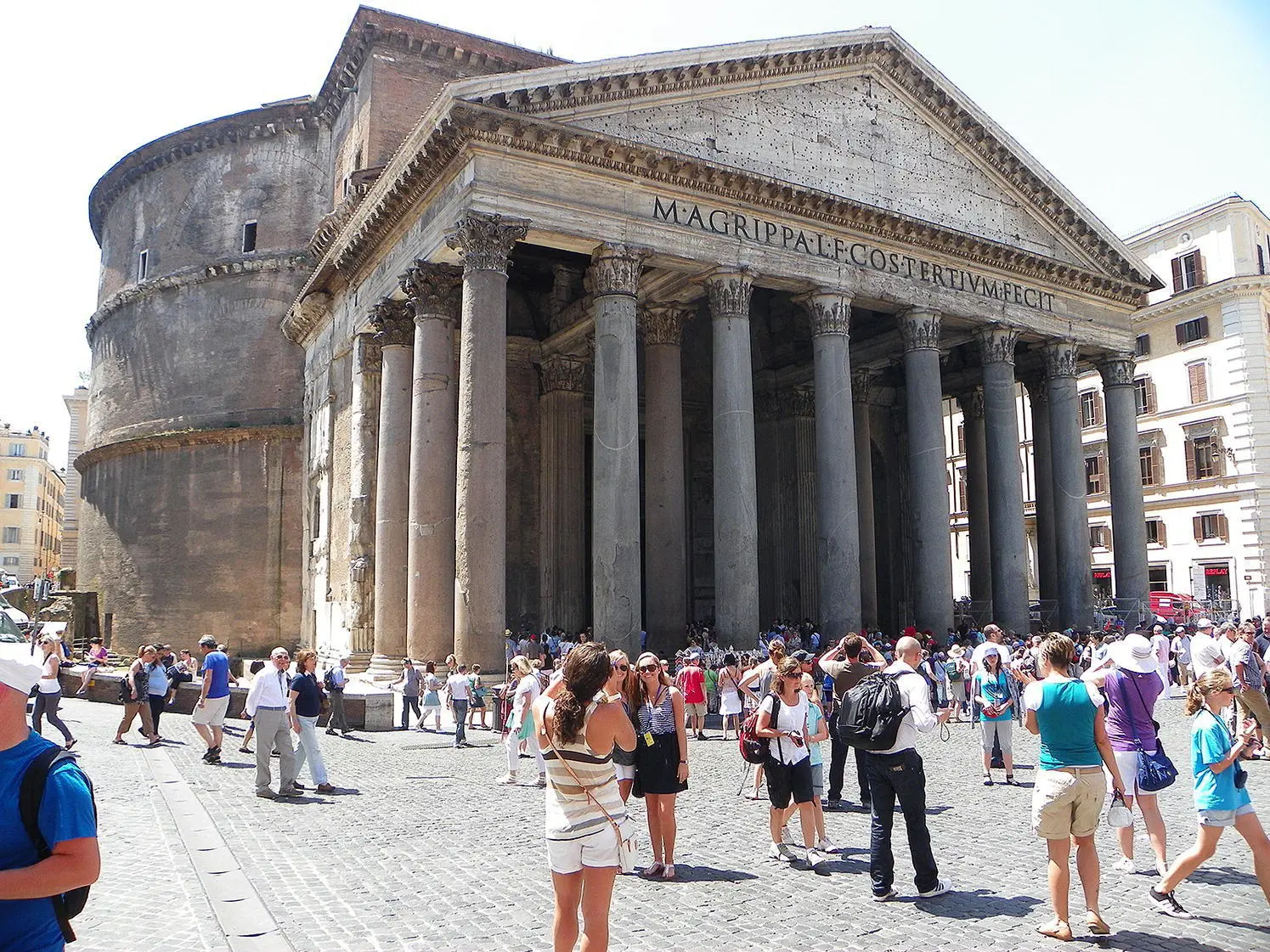
Figure 3.2The Pantheon in Rome was completed c. 125 during the reign of Hadrian and served as temple.
Source: Photo courtesy of Bruce Erik Bezaire, private collection.
Domitian was followed by the period of “The Five Good Emperors” – Nerva (30–98), Trajan (53–117), Hadrian (76–138), Antoninus Pius (86–161), and Marcus Aurelius (121–180). It was a period of relative prosperity and peace, at least until the later years of Marcus Aurelius' reign. The Roman Empire reached its greatest extent geographically during Trajan's reign between 98 and 117. From the reign of his successor, Hadrian, the question was how to hold onto what was already a part of the Empire in the face of increasing pressures from without and growing signs of decline within.
While considering the period of the Pax Romana , it is fitting to pause and look briefly at the cultural achievements of the Romans. Their achievements in Latin literature may be divided chronologically into three periods, the Age of Cicero, the Augustan Age, and the Silver Age. The first was during the Republic and was dominated by Marcus Tullius Cicero (106–43 BC). Cicero was not only the greatest orator of his day, but also a poet, author, and philosopher. He left behind many speeches, political treatises, letters, and books, including his unfinished Republic , considered one of the earliest treatises on the concept of natural law.
Cicero's Latin prose is regarded as the finest ever written. It remained the standard for Latin through the Renaissance (mid‐fourteenth century to early seventeenth century), and some would say even to our own day. Second to Cicero was Julius Caesar. Though his speeches are lost, his Commentaries on the Gallic War is still read and studied by students of the classics. Two other names from the Age of Cicero worthy of note in this brief summary are Titus Lucretius Carsus (c. 99–c. 55 BC) and Gaius Valerius Catullus (84–54 BC).
Lucretius was an Epicurean philosopher and poet best remembered for his long didactic poem, On the Nature of the Universe . Its significance lies in the fact that it presents the atomic theory, along with the essence of Epicurean philosophy. Catullus, on the other hand, is remembered for his love poems about one Lesbia. In real life, Lesbia was a notorious woman named Clodia, with whom Catullus had an affair until she abandoned him for a friend of Cicero.
The period in Roman cultural life that parallels the reign of Augustus is referred to as the Augustan Age. Latin scholars are prone to call it the Golden Age. Augustus monopolized the patronage of all of the artists of the period with two goals in mind. He wanted to glorify his own reign, and he wanted to promote his campaign of restoring the virtues and morality of the old Roman Republic. Among the “greats” whom Augustus patronized, four names stand out as particularly noteworthy, Virgil (70–19 BC), Horace (65–8 BC), Livy (59 BC–AD 17), and Ovid (43 BC–AD 17).
Virgil's Aeneid is considered the greatest piece of Roman poetry by Rome's greatest poet. It relates the exploits of Aeneas, son of Anchises and hero of the Trojan War after the fall of Troy. In so doing, it tells the story of the founding of Rome. The Aeneid became a national epic, and, like Homer's Iliad and Odyssey , served as an inspiration and model for many subsequent epics in Western literature, including those of Dante and John Milton.
Horace was Virgil's successor. His Odes is a collection of lyric poems on love, pleasure, the brevity of life, and nature. Some of the poems eulogize Augustus, while others exalt the Greek philosophical notion of the “golden mean,” finding tranquility in life by avoiding extremes. He influenced later writers, among them William Wordsworth, Ben Jonson, W.H. Auden, Robert Frost, and many more.
Livy was a historian whose History recorded the history of Rome from its foundation to Livy's own day. Only 35 of its 142 books have survived. The main theme in Livy's portrayal of Rome's history is the moral decline and corruption of the Roman citizens following the end of the Punic Wars. The pursuit of personal peace and luxury replaced the old virtues of civic duty.
Ovid was a prolific poet and one of the leading figures in Roman society until his Art of Love , a sort of poetic handbook on how to seduce a lover, earned him the wrath of Augustus. His works were banished, and he was exiled to a remote corner of the Empire on the Black Sea.
Читать дальше



